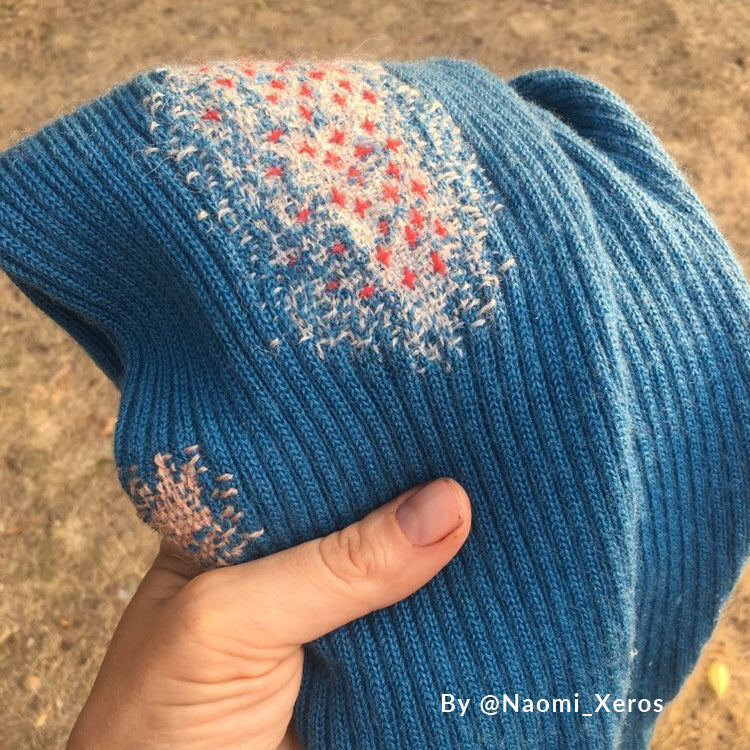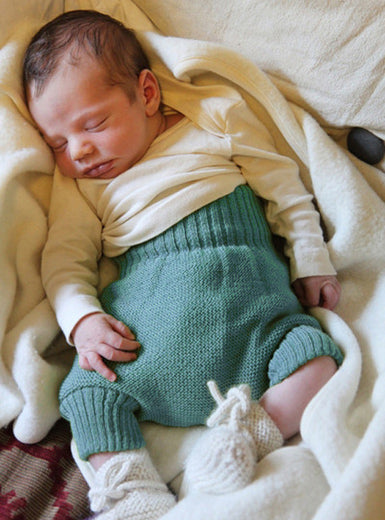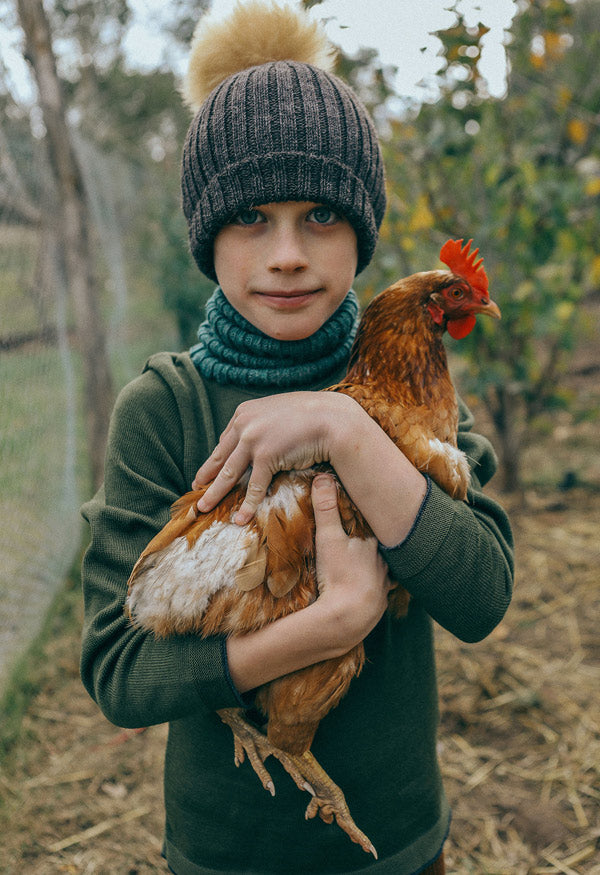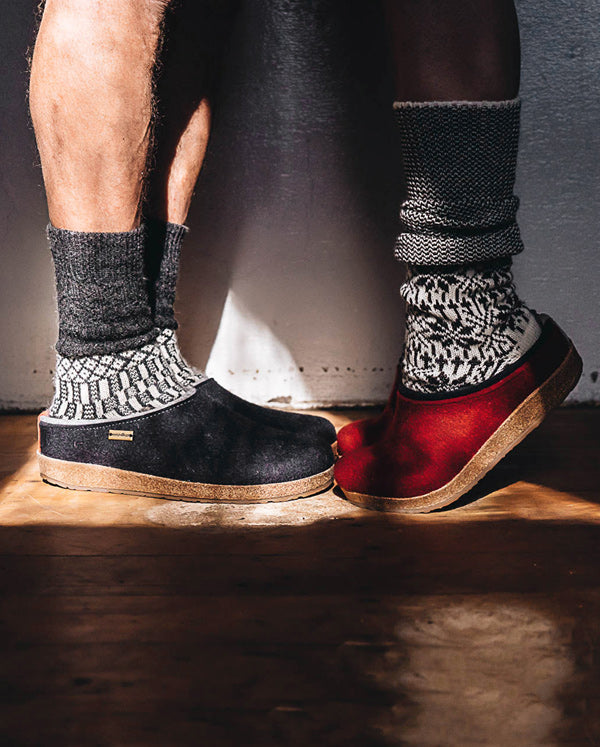Your Cart is Empty
UMIFORM lifewearNEW IN🌱 DISANA nappies HUGE RESTOCK♻️ 2nd drop Spring reNEWool just in.
FREE shipping Australia wide on orders over $200* Sign up to our Newsletter here
Menu
-
- NEW IN
- Baby/Kids
- Adults
- Wool Care
- Nappies
- reNEWool ♻️
- Brands
- Disana
- Engel
- Nature Baby
- As We Grow
- Kleine Schobbejak
- Bergstein Footwear
- Fairechild Rain Gear
- De Colores
- FUB Merino Knitwear
- Haflinger Slippers
- minimalisma
- Pickapooh
- my alpaca Copenhagen
- Padraig Cottage
- Cosilana
- Hirsch Natur Socks
- Lana Bambini Socks
- UMIFORM
- Kaiser Baby
- Ruskovilla
- Cobbled Together
- Woollykins
- The Laundress Wool Care
- Redecker Cedar Wood Wool Care
- Pure Pure Sun Hats
- Fog Linen Work
- Collégien
- Fibre
- SALE
-
- 0456 389 641
- Login
-
Australia (AUD $)

UMIFORM lifewearNEW IN🌱 DISANA nappies HUGE RESTOCK♻️ 2nd drop Spring reNEWool just in.
FREE shipping Australia wide on orders over $200* Sign up to our Newsletter here
Baby/Kids
Adults
Wool Care

Loved clothes last. We want to help you get the best from your Woollykins for years to come.
Nappies
We love Disana's cloth nappy system. 100% organic and plastic-free for natural, toxic-free nappying. We used the Disana system for all three of our babies.
We love Disana's cloth nappy system. 100% organic and plastic-free for natural, toxic-free nappying. We used the Disana system for all three of our babies.

De-Pilling Magic. How to remove pills from your knitwear
October 22, 2025 4 min read

De-pilling is magic 🎩 It instantly makes things look brand new again which makes you feel all put together, love what you have and not long for something shiny and new. Find out all about pilling and what to do about the little blighters below.
Why does wool pill?
Pilling is a natural characteristic of wool. It can be more or less intense due to various factors from the softness of the wool - fluffier softer wool usually means more pilling, the spin of the yarn or the moisture content of the wool. If you take a close look at a wool garment, you might notice tiny little fibres poking out of the stitches. Those are simply the ends of the wool hairs. We value wool clothing that is as close to natural as possible, for example we don’t like wool coated in plastic resins (hello Superwash) or those that use chemicals like formaldehyde to trim or seal the fibres (hello "Anti-Pilling" treatments). We like wool just as nature intended.
Each wool fibre has tiny natural barbs, a bit like the hooks on a piece of Velcro. When your garment rubs against another fabric, those barbs can catch and gently pull the fibres out of the yarn. Over time, they twist together and form little balls on the surface, and becomes what we call pilling. That's why a place subject to friction will attract more pilling, like under the arms or around the hips, or if you're wearing your jumper under a more structured/rough fabric like the lining of a coat that rubs against the jumper, that can cause additional pilling.
How can I reduce Pilling?
Pilling is inevitable with well used wool clothing or soft furnishings in your home. If your wool garments are dried out they tend to pill more due to static. To reduce pilling slightly moisten wool clothing once a week with a water mist to keep the concentration of humidity of the wool high. Don’t dry wool products in direct sunlight or near a heater - they dry out very quickly. Lanolin coats the wool fibres in a protective coating and reduces pilling so replace lost lanolinevery four washes. When spritzing wool, add a little lanolin conditioner to the spray water.
Can I remove pilling?
✂️ Yes! It's effective and addictive! To remove pills these are our top 3 favourite de-pillers:
⚡ The Electric Fabric Shaver Classic 500 ⚡
This plug in Fabric Shaver is soooo much better than those battery operated ones. It works like magic and restores knitwear to new without snagging or damaging the fabric. It’s our bestselling de-piller. You can even buy replacement blades! Amy from @foundlittletreasures posted this amazing Before and After on Insta a while back and it demonstrates just how effective this awesome gadget is. Such a good investment for all wool lovers.

Find out more about the Classic 50 Fabric Shaver or order one here
💯 Original Wonderbrush® Beechwood Clothes Brush 💯
The Wonderbrush is an absolute home essential! A brilliant clothes brush with its specially designed curved bristles. So effective at removing dirt, lint, animal hair and pilling from your woollies and around the home. The bent bristles adapt to all fabric structures. Use before washing or to refresh clothes between washes. Excellent for removing dried mud from outerwear so that dirty garments can be worn again, saving on washing.
Cleans areas where lint rollers can't reach. Brushing clothes in hard to reach places like collars & pockets can remove moth eggs trapped in secret spots. Quick, easy and so thorough! It's child's play. Here is Lailoken de-fuzzing his Padraig Slippersand little woollen knitted toys. The fuzz in the brush is easily removed with a fork.

Find out more about or order the Wonderbrush here
♾️ Super Eezy Fabric Comb ♾️
Great customer reviews and made in Australia since 1972. A classic laundry accessory to maintain and care for your Wardrobe and home textiles.
It's a manual Fabric Comb, highly effective for removing lint, pilling and dust from chunky textiles as well as pet hair and pills on all home soft furnishings. Great for Woollykins medium-thick knits, boiled wool jackets and blankets! They are the ones that make those dinky small fabric combs, those small pocket depillers work quite well on finer knits like our Engel wool/silk base layers.

Find out more about the Super Eezy Fabric Comb here
What can I do with the wool lint collected?
👍 Dispose of your lint in your worm farm or use it as mulch in the garden - pure wool is nitrogen rich and great for the soil. Unless it contains microplastics from synthetic blends 👎. You can also collect it up to stuff in small homemade toys or wet felt it together to make small ornaments.
Please do share your favourite tips for sorting out those little fuzz balls on wool clothing. There are age old methods from using a dry crust of bread to a pumice stone or a wet razor. Humans have been obsessing over de-pilling for as long as there have been sheep. 😆
Leave a comment
Comments will be approved before showing up.
Also in Blog

Love the Outdoors without the Forever Chemicals. PFAS Free Wet Weather Gear Safe for Babies and Kids
June 26, 2025 4 min read
We are so pleased to introduce BMS Hamburg to the Woollykins range. The BMS Mud Gear range is simply perfect for the Australian climate. These well designed shells are made from BMS’ very own SoftSkin® fabric that feels soft and supple whether over layers or against the skin. They are fully waterproof so you can protect your warm Woollykins and keep your child happy & dry when enjoying outdoors whatever the weather.
Find out more...

How to Naturally Dye Easter Eggs and Chocolate Free Easter Gift Ideas
April 15, 2025 2 min read
It’s so easy to make your own beautiful natural dyed eggs with prints from the garden and pantry. We do a new batch every year and between Easter's we keep them in a special box, packed away like precious baubles. It's such a joy getting them out each year for our Autumn table decoration and making a new set to add to the collection from whatever is in the garden that year. Here's how to make plant dyed eggs...

Why we Started reNEWool - our Circular Fashion Initiative
March 26, 2025 4 min read
Did you know that in the past, excess wool from textile mills was given or sold to local farmers for compost because it’s rich in nitrogen? Wool was once an essential part of a natural, circular system. Unfortunately, today most textile waste is contaminated with microplastics and toxic dyes, making responsible wool recycling more important than ever. Read more about why we started our reNEWool circular clothing initiative...
Join us wool lovers
Subscribe to occasional updates with wool care tips, pre-orders and VIP access to sales. We promise to keep it useful :)

Join Us Wool Lovers!
Subscribe to our newsletter for early access to pre-orders and sales, wool care tips and new launches.
Our popular pieces come in and out regularly, use the Notify Me feature on Sold Out products to find out as soon as a piece is available again.

